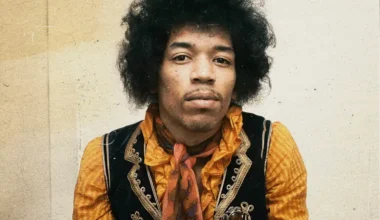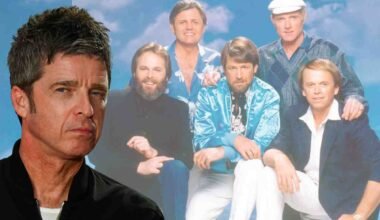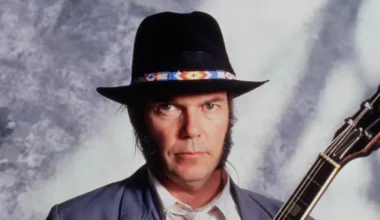The psychedelic rock wave emerged in the 1960s thanks to British invasion rock acts like The Beatles, The Kinks, and The Who. This stage of the development of rock benefited greatly from progressive, frequently distorted instrumentation and abstract lyrics. Thanks to the intricate drumming of Mitch Mitchell and Ginger Baker. The guitar stylings of Jimmy Hendrix and Eric Clapton contributed significantly. The wave gained notoriety for its instrumental complexity. These flames forged early proponents of the prog-rock wave, like Pink Floyd and Genesis.
Prog-rock, like most musical genre labels, is a loose-fitting sock that encompasses a wide swath of the musical landscape. Those who prefer the unadulterated simplicity of punk and heavy metal music may mock prog-rockers. This is due to their excessively complex and even conceited inventiveness. In fact, some prog-rock bands appeared to have lost their connection to the visceral power of music. This happened in their twisted, evasive attempts to be at the forefront of rock ‘n’ roll. But we can’t paint these bands all with the same brush.
Because of their daring compositions and superb musicianship, many listeners categorise Led Zeppelin as belonging to the prog-rock wave. Importantly, because of Robert Plant’s towering projection. John Bonham’s thunderous percussion also contributed significantly. The band had strong ties to the heavy metal subgenre. Similar to Pink Floyd, who seemed to rise above their prog-rock connotations with the release of their 1973 masterpiece, The Dark Side of the Moon. This was partly due to its widespread appeal.
In a 1975 interview with Nick Sedgewick, Roger Waters recalled The Dark Side of the Moon as Pink Floyd’s unbeatable apex. He said, “It was the end of the road.” “We had arrived at the destination that we had all been striving for since our teenage years. There wasn’t much left to accomplish in the realm of rock ‘n’ roll.”
The band had achieved their objective of “money and adulation.” Of course, they could always attain more money and admirers. But the bassist and songwriter experienced a certain level of saturation in their sense of fulfillment. He asserted that, despite some bands’ “pretend they’re not,” all rock stars “dream” of such record sales and wealth.
Regarding this, Waters remembered reading a recent interview. An anonymous Genesis member discussed Peter Gabriel’s departure and pointed out how his group differed from Pink Floyd. “There was a lot of information about how you really have to sit down and listen to a Genesis album,” Waters remarked. “It’s not just fancy music like Pink Floyd or Tubular Bells, nor is it just wallpaper.”
Naturally, Roger Waters disliked the comparison of his music to ambient or musak. “Yes, I recall all those years ago when no one was interested in what we were doing,” he said. “We were all firmly convinced that it was excellent music, excellent with a capital G, and of course, people weren’t buying it because people don’t buy good music.”
Waters seemed to be sarcastically suggesting that fewer people purchased Pink Floyd’s less well-known material from before Dark Side of the Moon. This was because it was good. Esoteric prog-rock musicians, due to the niche nature of their music, will forever struggle to achieve the validation of widespread popularity. “My theory is that Genesis’ young interviewer will realize he’s reached some sort of end in terms of whatever he was striving for. “All that stuff about good music is a load of fucking bollocks if the band ever starts selling large quantities of albums. Now that Peter Gabriel – their Syd Barrett, if you like – has left.”
Waters reiterated that The Dark Side of the Road marked the end of the road as he concluded his case. “Wish You Were Here,” the first of several crown jewels, was just released by Pink Floyd at the time of the interview. It came about by us going on in spite of the fact we’d finished.
As it happens, under Phil Collins’s direction, Genesis did begin to sell a lot of records. Collins led the group towards increasingly pop-oriented territories over time, working closely with Mike Rutherford and Tony Banks. If the member Roger Waters mentioned ever thought they had reached a satisfying “end” with Genesis, that would be interesting to know.








